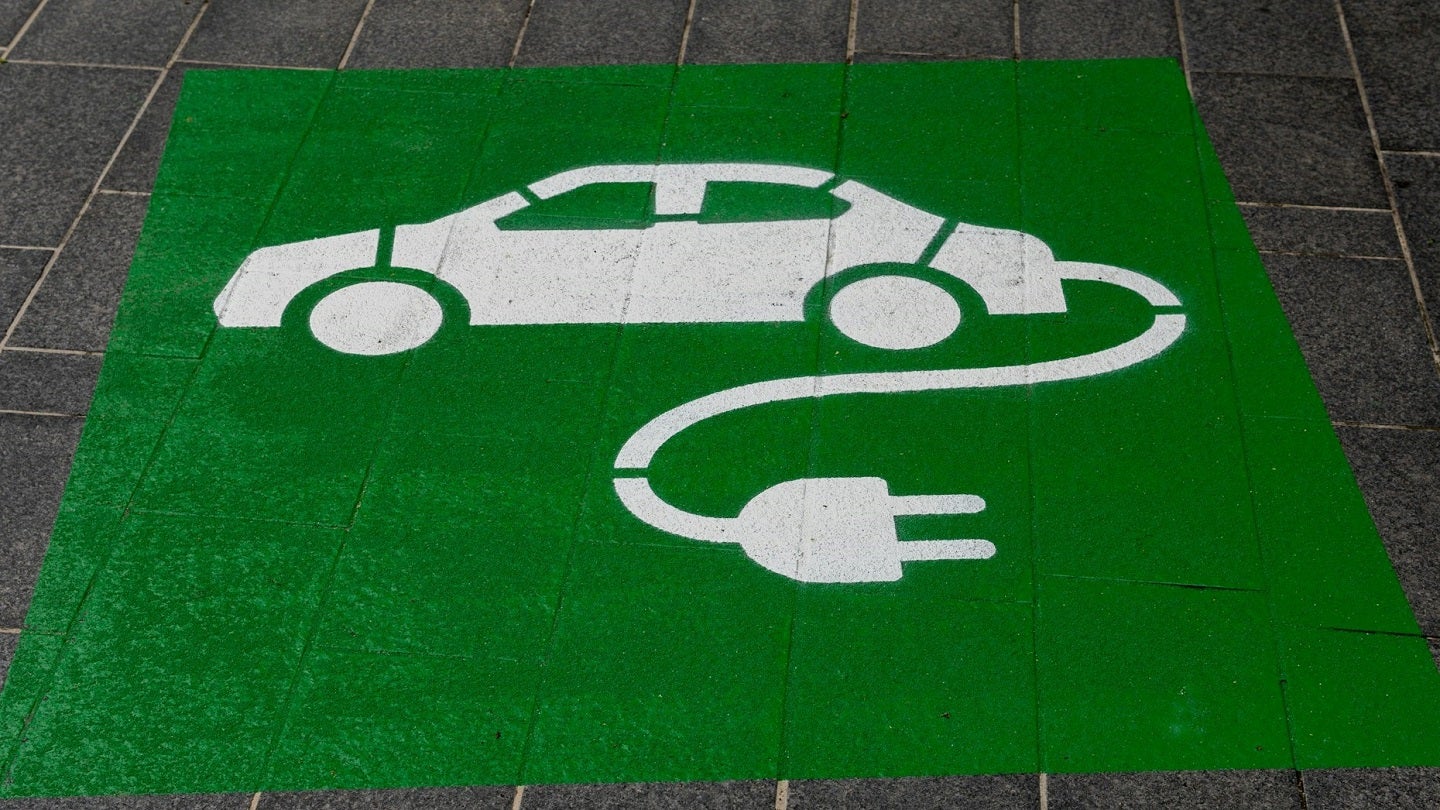
The European car market experienced a shift in April, with increased registrations of B-hatchbacks and compact cars while the growth of electric vehicles (EVs), sport utility vehicles (SUVs), and Chinese-made cars slowed.
Jato Dynamics reported that the total number of new vehicles registered in April was 1.08 million, a jump of 12.6% compared to April 2023.
Despite the overall market’s positive trajectory, the once-dominant sectors of EVs, SUVs, and Chinese-made vehicles saw a deceleration in their growth.
Battery-electric vehicles (BEVs) only saw a marginal increase in market share from 13.1% in April 2023 to 13.4% in April 2024, with a 15% rise in monthly registrations.
Jato Dynamics global analyst Felipe Munoz said: “The electric car market is not performing as well as it was this time last year. This is largely due to the ongoing price cuts, which has raised concerns among consumers over the residual value of EVs and uncertainty as to how prices will evolve in the coming months.”
Volkswagen led the BEV market, albeit with a 7% drop in volumes year-on-year (YOY).
How well do you really know your competitors?
Access the most comprehensive Company Profiles on the market, powered by GlobalData. Save hours of research. Gain competitive edge.

Thank you!
Your download email will arrive shortly
Not ready to buy yet? Download a free sample
We are confident about the unique quality of our Company Profiles. However, we want you to make the most beneficial decision for your business, so we offer a free sample that you can download by submitting the below form
By GlobalDataTesla saw a slight 0.6% increase, with the Model Y remaining the top BEV model.
BMW, however, registered an 82% surge in its electric models, closely followed by Tesla with 14,179 units.
Volvo’s registrations rose by 141% due to the popularity of the Volvo EX30.
BYD outperformed several established brands, becoming the 15th best-selling BEV brand with 2,746 units.
Conversely, Opel/Vauxhall, Polestar, Skoda, and MG saw declines in their electric model registrations.
Chinese car brands slightly increased their European market share from 2.22% to 2.35%, with MG representing 68% of the 25,360 units registered by Chinese manufacturers.
Traditionally favoured by European consumers, SUVs experienced a dip in market share from 51.3% to 51.1%, with a 12% YOY growth in registrations.
This suggests that the SUV segment’s expansion may be plateauing.
Audi, Ford, Kia, Renault, and Skoda faced challenges within the SUV category while BMW, Hyundai, Mercedes, Toyota, Volkswagen, and Volvo gained market share.
Munoz added: “Although there is lots of noise around the arrival of Chinese car brands in Europe, they are still something of a rarity – evidenced by the slow uptick in registrations over the past year. MG, a brand that many still associate with the West accounted for two in three registrations of Chinese-made vehicles.
“The continued inability of Chinese-made vehicles to truly penetrate Europe’s automotive market could be a result of the ongoing perception issues that Chinese OEMs face, particularly in light of negative attention from the European Commission’s investigation.”
The UK’s car manufacturing output in April 2024 fell 7% YOY, producing 61,820 vehicles, according to the Society of Motor Manufacturers and Traders.







